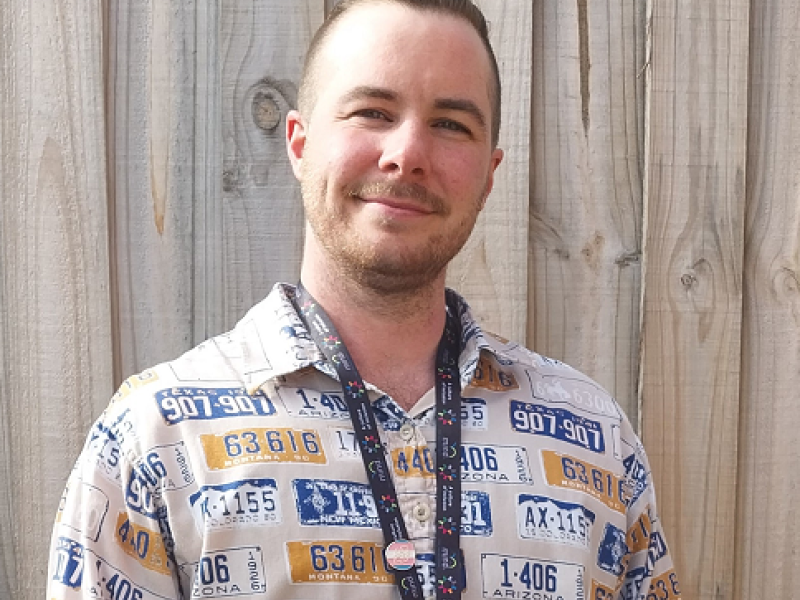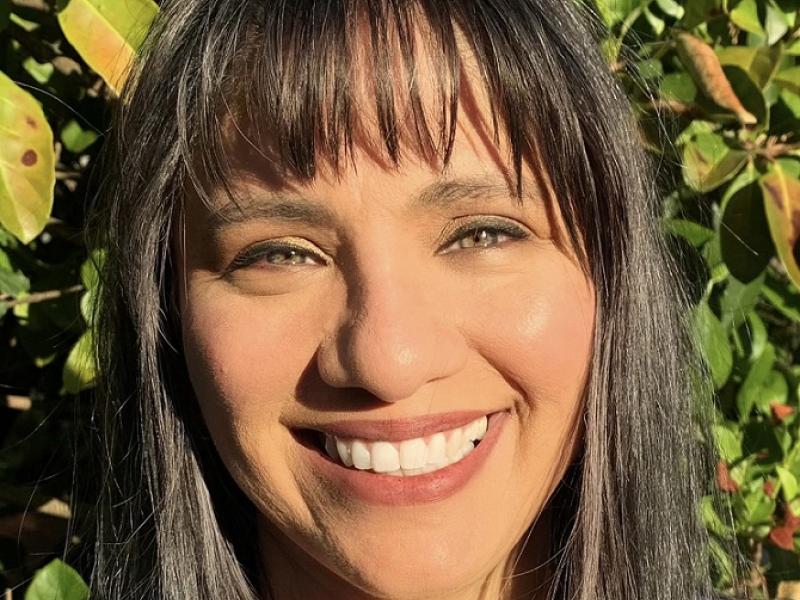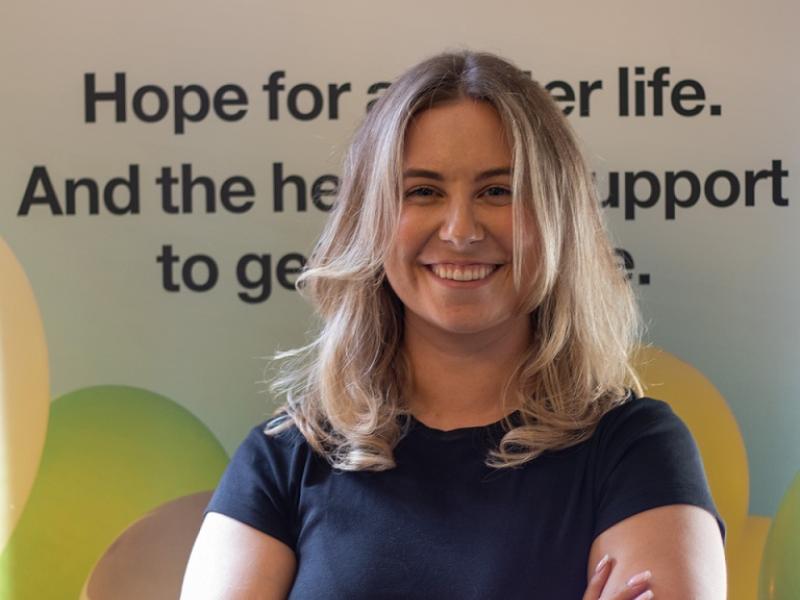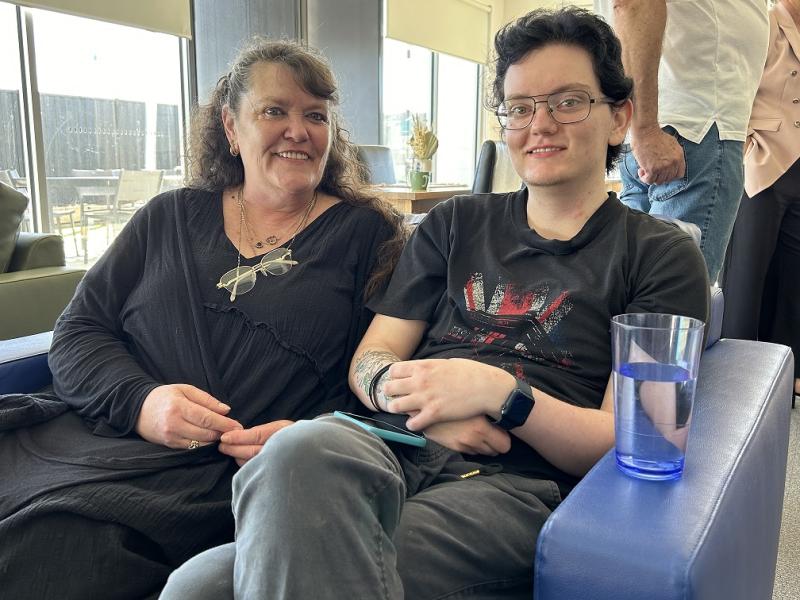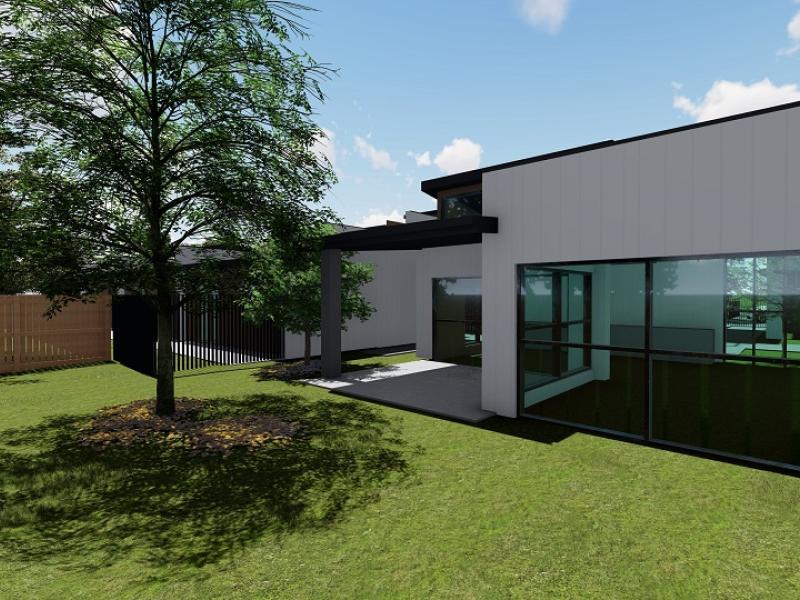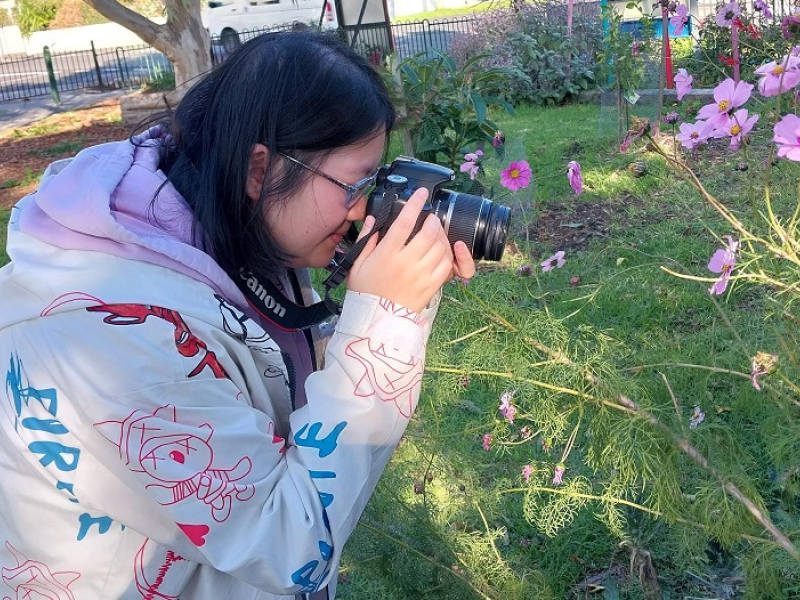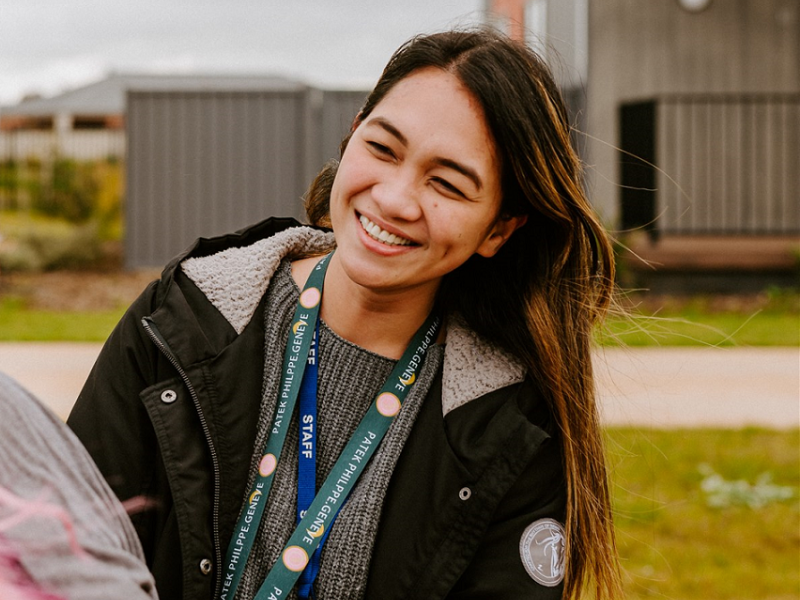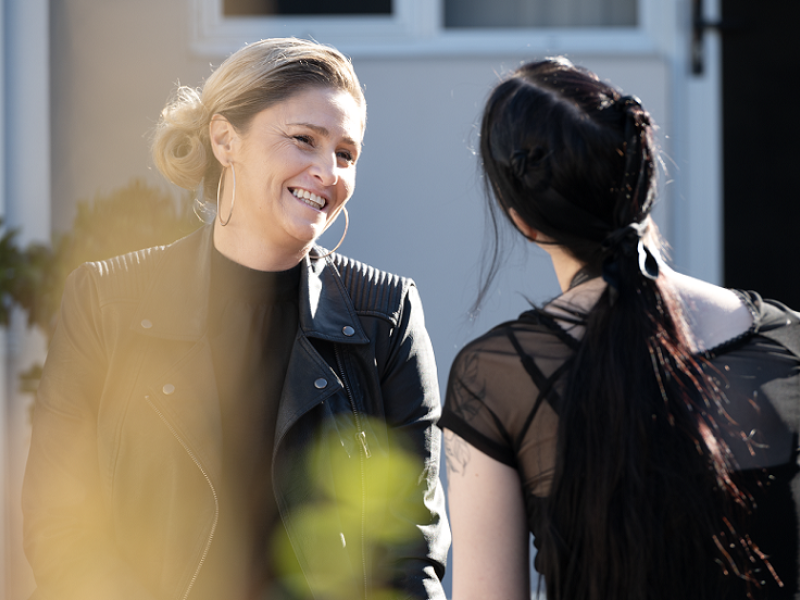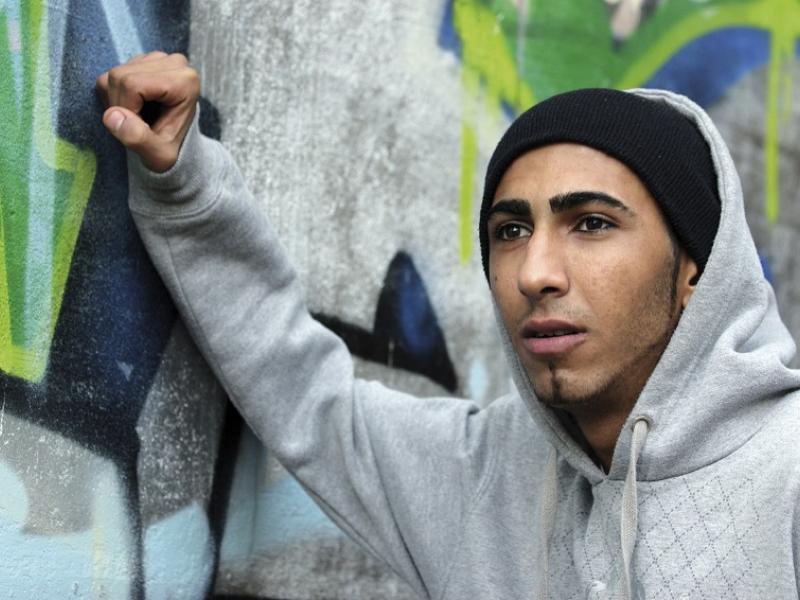Mind Australia Peer Practitioner Andy Pullar says his lived experience of mental health recovery provides the people he supports with hope and an example that recovery is possible.
Peer practitioners like Andy use their own lived experience of mental health and wellbeing challenges to provide practical and emotional support to others who are struggling.
Andy says lived experience workers can offer clients an outlook to a brighter future that they might not have considered possible.
“The way that peer workers can establish a common understanding with clients is remarkable; clients don’t have to explain themselves or deal with a support worker not ‘getting it’,” he said.
Andy says that everyone’s circumstances are different so what helped him won’t necessarily help someone else but he can still be an example of hope as someone who is living a fulfilling life.
“The things we experience are relative but clients can tell me what’s going through their mind and I can reassure them that they’re not alone. I like to remind my clients that we have not been designated a certain fate and there is still much in our control that can be changed,” he said.
Andy, who has a diagnosis of gender dysphoria and attention-deficit/hyperactivity disorder (ADHD), says he feels privileged to have a job that encourages him to continue working on his own recovery journey.
“My job as a peer worker allows me to carry people with me as I carry on with my own journey,” he said.
“I’m really pleased to say I’m now in a good position in my life and while things are still happening and I do experience down days, I know overall that I’m able to live a fulfilling life and I can be a walking example of recovery.”
Andy works in Mind’s Mental Health and Wellbeing Hubs supporting people experiencing mental health and wellbeing challenges in Victoria’s Hume, Darebin and Merri-bek regions.
The Hubs, first funded by the Victorian government in 2021, act as a ‘front door’ service to the mental health system to provide Victorians of all ages with faster access to mental health support.
People experiencing mental distress can access free support from the Hubs for up to 12 weeks. Mind community mental health and peer practitioners provide holistic supports and help Hub clients identify and then work toward achieving their life goals, such as getting a job, studying or learning to drive.
Former Mental Health and Wellbeing client Jamie* said Andy had gone above and beyond to support him.
“Over the last 11 weeks Andy was incredibly helpful, supportive, compassionate, non-judgemental, very resourceful and wise beyond years,” Jamie said.
*Name changed by request.
Find out more about the Mental Health and Wellbeing Hubs by visiting the Mind website or calling 1300 375 330.
If this article raises concerns for you, please call Lifeline on 13 11 14. Aboriginal and Torres Straits Islanders can also call 13 YARN (13 92 76) a 24/7 national crisis support telephone service staffed by Aboriginal and Torres Strait Islander peoples.
If you would like more information, please contact us.
1300 286 463
[email protected]
